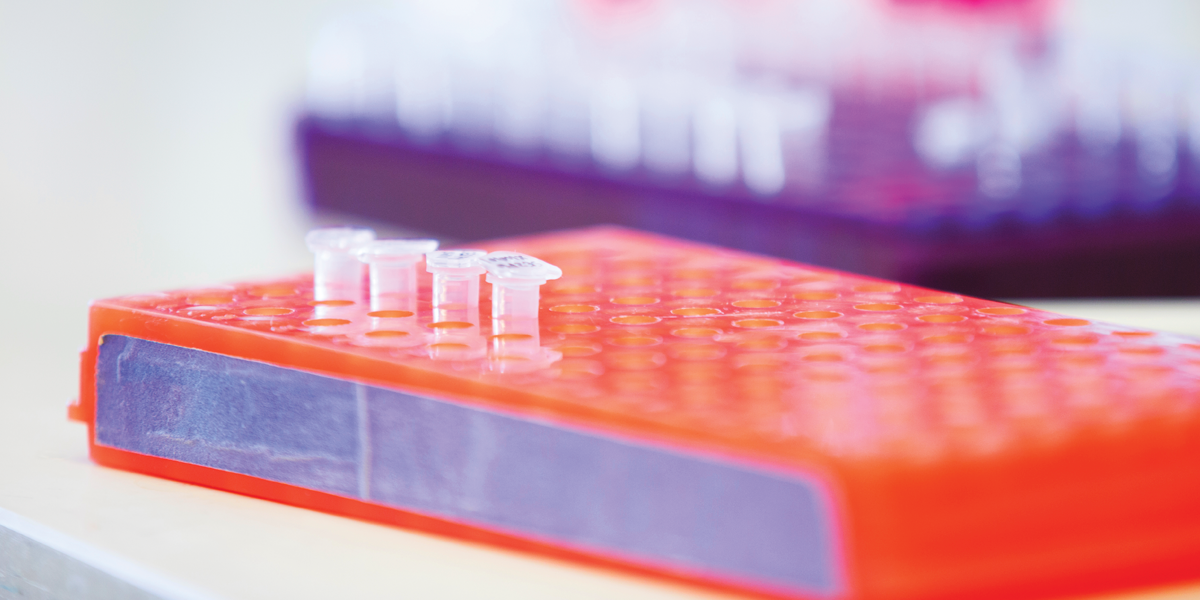Fostering global connections
Ludwig brings top researchers together to spark new collaborations.
To bring together its researchers from across the globe, the Ludwig Institute sponsors frequent meetings, nurturing scientific relationships that sustain its global approach to cancer research.
We foster an open conversation,” says Bob Strausberg, who leads Ludwig’s collaborative sciences program. “We bring together people from all corners of the world to interact, talk and plan.”
The biggest meeting in 2011 brought together about 40 researchers in Oxford to discuss the basic mechanisms of cancer biology. After two intense days of talks, discussions and late evenings, new research projects were born.
“I walked away with a document with all the different possibilities of collaborations that I could embark on through that meeting,” says Frank Furnari, a Ludwig researcher in San Diego who studies the molecular basis of glioblastoma, an aggressive type of brain cancer. “Everyone was very willing to share reagents and ideas, because it was our fellow Ludwig Institute members. It was one of the best meetings I have been to.”
Furnari is now using laboratory techniques guided by Ludwig scientists in Oxford to study protein phosphorylation, and is sending cell samples to colleagues in Brussels who are experts at detecting a protein associated with cancer. He has also since sponsored cancer geneticist Érico Costa, from São Paulo, Brazil, in his lab. Even though Furnari focuses on glioblastoma and Costa on breast cancer, they are asking the same question: how do cancer cells communicate to foster growth and metastasis?
The Ludwig Institute typically sponsors one large meeting on a major topic such as cancer biology each year. In 2012, the large meeting focused on cancer stem cells, and took place at Stanford University in Palo Alto, California. The meeting was organized by Irving Weissman, a Ludwig researcher at Stanford. Weissman pioneered studies identifying rare, seemingly unobtrusive cells that can seed the growth of a tumor—now known as cancer stem cells. The meeting aimed to identify promising approaches to prevent stem cells from generating new tumors.
The Institute also regularly sponsors meetings that bring together researchers working on a particular type of cancer or a more defined area of science. Big ideas and projects can also emerge from these smaller meetings. At one such meeting, focused on colon cancer, a major Ludwig initiative was sparked in October 2010 between Bert Vogelstein, a Ludwig researcher at Johns Hopkins University in Baltimore, and a Ludwig clinical researcher, Peter Gibbs, in Melbourne, Australia. Their interactions led to a project that merges basic science and clinical expertise to identify new ways to detect cancer in its earliest stages. “There are not many meetings like that outside of Ludwig,” says Vogelstein. “Ludwig fosters a very personal kind of meeting, where we are encouraged to think big about how we can pool our expertise to do something adventurous that has not been done before.”
No boundaries
To foster interactions among its 700 researchers worldwide, the Ludwig Institute brought on Bob Strausberg in 2009 to oversee its collaborative sciences program.
Strausberg has a long history of setting up international collaborations. In the 1990s, he worked at the US National Institutes of Health to lead the sequencing technology development program for the Human Genome Project, an international endeavor that required close coordination of laboratories worldwide.
Setting up the meetings that help connect Ludwig scientists each year is just one part of Strausberg’s job. Last year he visited with researchers worldwide to find out what they do, what they are thinking about and with whom they might collaborate. His expertise is establishing, facilitating and leading projects with large scientific goals.
Strausberg also connects Ludwig scientists with outside researchers and institutions, and fosters collaborative scientific opportunities, so as to accelerate Ludwig’s research into early cancer detection and prevention.
“We are willing to put in resources to support collaboration,” says Strausberg. “We back up our researchers.”
